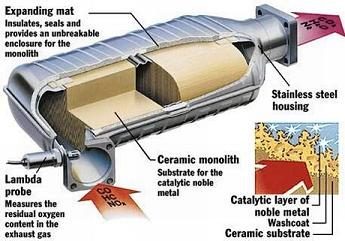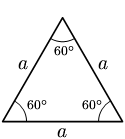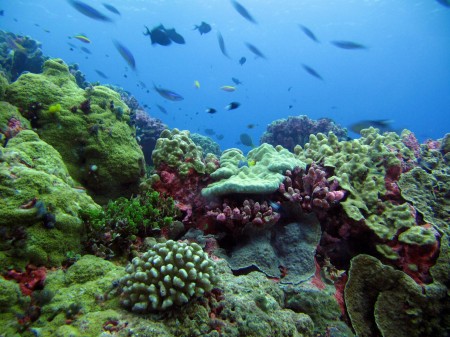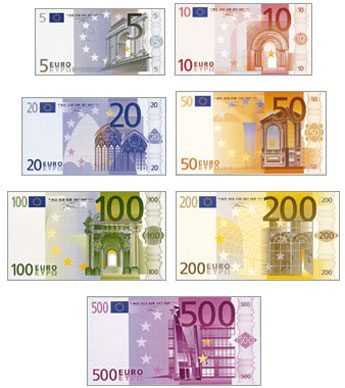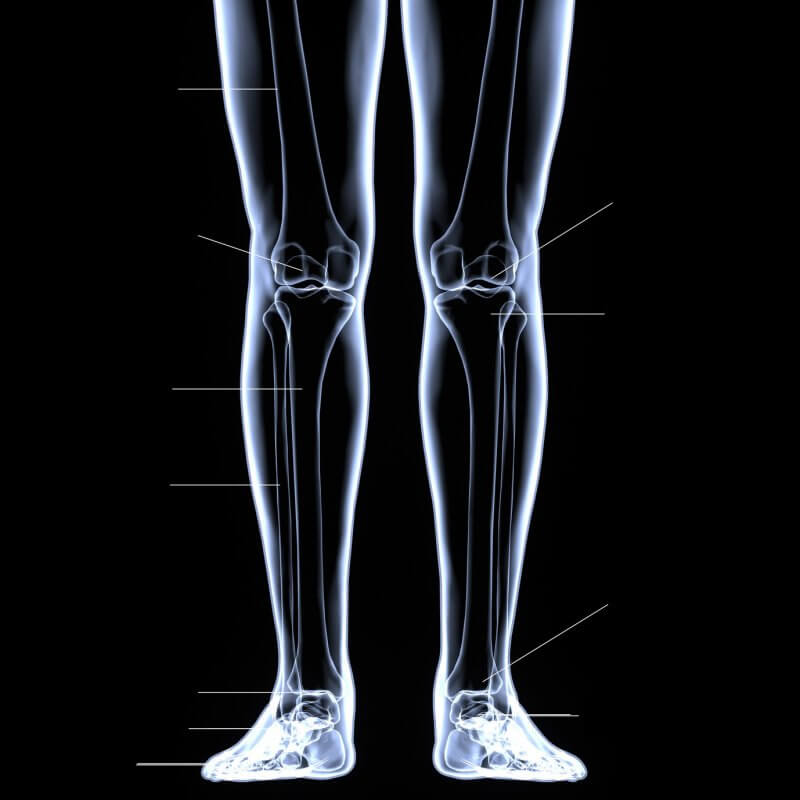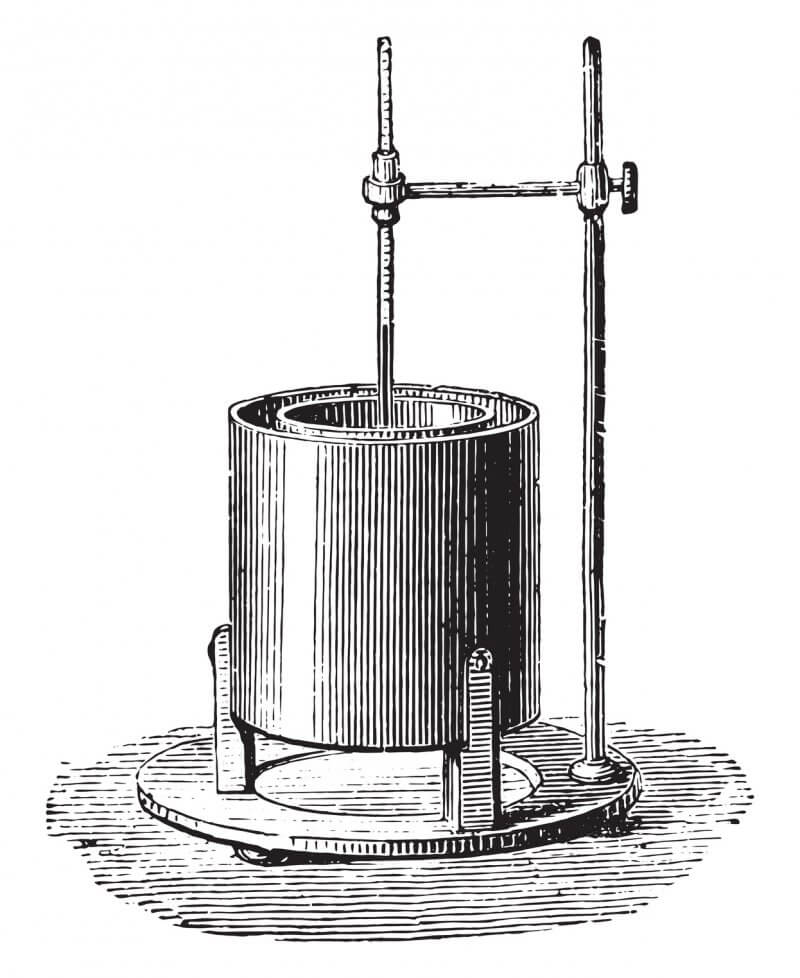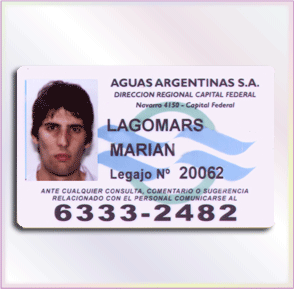 The acronym GATT is the acronym in English for General Agreement on Tariffs and Trade, which can be translated as general agreement on trade and tariffs. This agreement or agreement took place after the end of World War II, specifically in 1947 at the Havana Conference. The United Nations was the institution that promoted the GATT, since in that historical context the world had the need to rebuild the global economy and for this it was necessary to establish a new framework of commercial relations.
The acronym GATT is the acronym in English for General Agreement on Tariffs and Trade, which can be translated as general agreement on trade and tariffs. This agreement or agreement took place after the end of World War II, specifically in 1947 at the Havana Conference. The United Nations was the institution that promoted the GATT, since in that historical context the world had the need to rebuild the global economy and for this it was necessary to establish a new framework of commercial relations.
The GATT was an agreement initially signed by 23 countries and with this agreement it was intended to end the protectionist laws that were applied in most nations.
From GATT to WTO
The main idea of the GATT was to endow the world economy with stability and a certain sense of world community, which has subsequently been called globalization.
The GATT was a multilareral organism that allowed that the member countries had commercial alliances in a plane of equality. At the same time, the GATT functioned as a forum for debate that made it possible to resolve differences between member countries.
Within the framework of the GATT, eight rounds of trade negotiations were held in order to remove obstacles to trade and thus create more wealth globally.
The GATT was in force for 47 years, during which the trade barriers of other times were eliminated
In 1986, the last GATT meeting, known as the Uruguay Round, took place. From then on, a course began that led to the creation of a new reference framework for international trade, the WTO (World Trade Organization).
The WTO was founded in 1995 and is based in Geneva
 This supranational organism facilitates the free flow of commercial activity and allows solving the differences between the more than 120 member countries.
This supranational organism facilitates the free flow of commercial activity and allows solving the differences between the more than 120 member countries.
The WTO agreements cover goods, services and intellectual property. The agreements reached oblige to guarantee transparency in commercial activity.
In conclusion, the WTO provides a number of advantages to international trade: it facilitates the maintenance of world peace, greater freedom of trade results in an improvement in the quality of life of the majority of the world's population and offers more possibilities for the consumers.
Photos: iStock - urfinguss / nuvolanevicata

